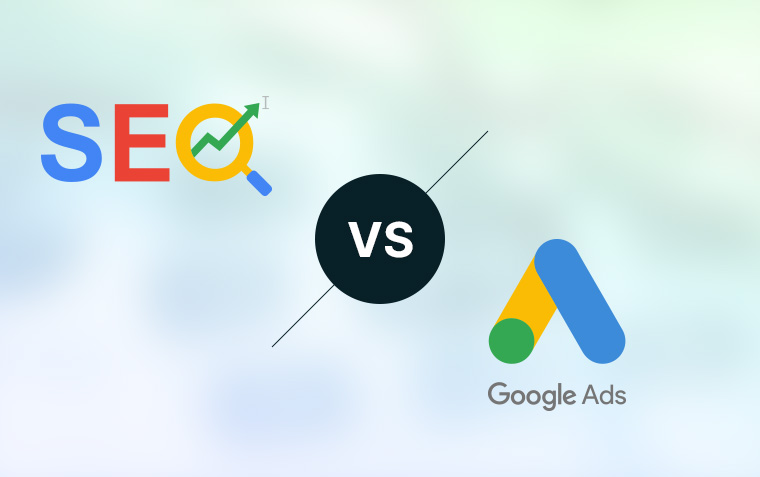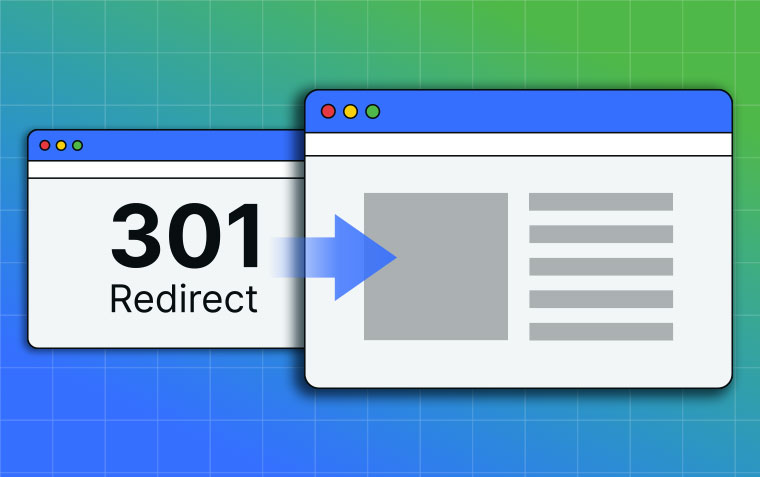Should I Invest in Google Ads or SEO?

An important part of having a website is using digital marketing to increase and maintain online visibility. The two main strategies in a digital marketing toolkit are: Google Ads and Search Engine Optimisation (SEO). Both can drive traffic to your website, generate leads, and grow your business — but they do so in very different ways.
So, which should you invest in? Let’s break down the pros, cons, and key differences to help you make an informed decision based on your goals, budget, and timeframe.
Understanding Google Ads
Google Ads (formerly known as Google AdWords) is Google’s paid advertising platform, allowing businesses to display their ads across Google’s search engine results and its vast network of partner sites. When users search for keywords relevant to your product or service, your ad can appear above or below the organic search results — provided you’re bidding on the right terms and your ad quality is strong.
The system operates on a pay-per-click (PPC) model, meaning you only pay when someone clicks on your ad. Advertisers compete in real-time auctions for keyword placement, with factors like bid amount, ad relevance, and landing page experience all playing a role in determining whether your ad is shown and where it appears.
Pros of Google Ads
- Instant visibility: Once your campaign is live, your ads can appear almost immediately, making this an excellent option for businesses needing quick results.
- Targeted reach: You can tailor your ads to specific locations, times, devices, interests, and even user demographics. This ensures your budget is spent reaching the right people.
- Measurable results and A/B testing: Google Ads offers detailed insights into how your campaigns are performing. You can run split tests (A/B testing) on different ad versions to see what converts best and continually optimise for better results.
Cons of Google Ads
- Can be expensive: In competitive industries or for high-value keywords, the cost-per-click can climb quickly. Without careful monitoring, ad spend can spiral without guaranteed returns.
- Results stop when the ads stop: Unlike SEO, where the benefits compound over time, paid ads disappear as soon as your campaign ends, or budget runs out. There's no long-term visibility without continuous investment.
2. Understanding SEO (Search Engine Optimisation)
SEO is the process of optimising your website so that it ranks higher in organic (unpaid) search results. This involves improving technical aspects of your site, creating high-quality content, building backlinks, and ensuring a smooth user experience.
Unlike Google Ads, SEO is not about paying for traffic. Instead, it’s about earning visibility through relevance and authority.
Pros of SEO
- Long-term benefits: Once your site ranks well, it can keep attracting traffic without ongoing ad spend.
- Builds trust: Users often trust organic results more than ads.
- Cost-effective: Though it takes time and effort, SEO often delivers better ROI over the long term.
Cons of SEO
- Takes time: It can take months to see significant results.
- Ongoing effort required: Search algorithms change, and competitors are constantly optimising too.
- Can be complex: Technical SEO and link-building require expertise and consistency.
3. Comparing Cost and ROI
- Google Ads offer fast results but can be expensive — especially for competitive keywords. You’ll get traffic while the campaign is running, but once the budget runs out, so does the visibility.
- SEO typically has a higher upfront investment of time and effort. However, once you establish solid rankings, the cost per lead can drop significantly, making it more cost-effective in the long run.
Ultimately, your return on investment (ROI) depends on how well your strategy is executed — and how clearly it aligns with your business goals.
4. Business Goals and Timeframe
Your decision should come down to what you need most at this stage of your business.
Choose Google Ads if you:
- Need quick results (e.g., launching a new product or service)
- Are running a short-term campaign or seasonal sale
- Want to test messaging and landing pages fast
- Have a budget that allows for ongoing ad spend
Choose SEO if you:
- Are focused on long-term growth and sustainability
- Want to build authority and brand trust
- Are ready to invest in content creation and technical optimisation
- Have the patience to wait for results and the resources to keep at it
5. Industry Considerations
Different industries see varying levels of success with Google Ads and SEO.
- Local service businesses (like plumbers, electricians, or real estate agents) can benefit from both — Google Ads for instant leads and SEO for ongoing organic enquiries.
- eCommerce stores often use Google Shopping Ads to capture buyer intent but also invest heavily in SEO to dominate product-related searches.
- Content-driven industries (like education, finance, or health) can thrive through SEO by publishing valuable, search-optimised content that attracts traffic and builds authority over time.
6. Can You Do Both? (Integrated Strategy)
Absolutely, and in many cases, you should.
A combined approach can bring the best of both worlds. For instance, while SEO efforts are building momentum, Google Ads can drive immediate leads. Plus, data from Ads can help you identify high-converting keywords to focus your SEO strategy.
Both channels can complement each other:
- Use Ads to test which landing pages or headlines work best before rolling them out site-wide.
- Use SEO to capture long-tail keywords and evergreen content while using Ads for high-intent or competitive terms.
If budget and resources allow, a balanced strategy utilising both tools can create a strong foundation for long-term digital success.
*****
There’s no one-size-fits-all answer to the Google Ads vs SEO debate — it all depends on your business goals, budget, and how quickly you need results.
- Go with Google Ads if you need leads quickly and have the budget to support ongoing campaigns.
- Invest in SEO if you’re playing the long game and want to build sustainable, organic traffic.
- Consider doing both in tandem for a more robust digital marketing strategy.
Contact us today if you would like to explore an ongoing SEO plan for your website.





